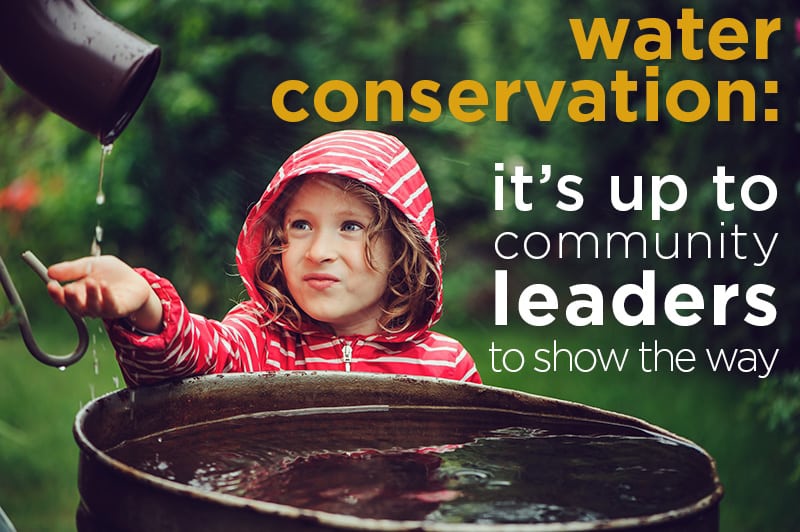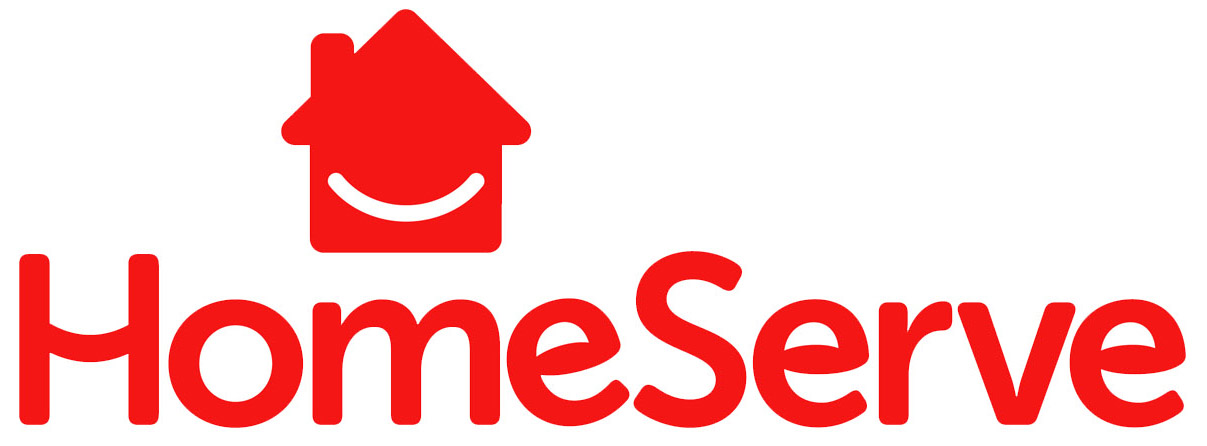 Potable water is valuable and requires time, labor and resources to produce and deliver to ratepayers, and water utilities are expected to maintain a constant, clean supply with aging infrastructure and rates that are less than ideal. We’ve looked at recouping costs through water conservation, reducing loss and theft, but you also can partner with ratepayers to further reduce costs.
Potable water is valuable and requires time, labor and resources to produce and deliver to ratepayers, and water utilities are expected to maintain a constant, clean supply with aging infrastructure and rates that are less than ideal. We’ve looked at recouping costs through water conservation, reducing loss and theft, but you also can partner with ratepayers to further reduce costs.
When you’ve done all you can to shrink loss and theft, water conservation is another cost-cutting tool. Conservation isn’t just for customers – it’s up to community leaders to show the way. Use of low-flow fixtures, WaterSense-rated appliances, aerators and native plants in your home and yard is a great way to show that you take conservation seriously.
Low-flow fixtures will pay for themselves in water savings, and some, such as aerators, are easy to install on most taps and significantly reduce usage. It’s estimated that aerators will pay for themselves within a year with saved water costs – sinks and showers account for a large part of a home’s daily water usage. The Environmental Protection Agency estimated that switching to low-flow appliances would save an average of $380 annually in water costs. Even more impressive, it can help reduce water usage by 20 percent. Those installing efficient appliances won’t only save on their water bill – they also will save on energy costs and extend the life of their water heaters.
Water also can be conserved outdoors by using native plants and landscaping that requires minimal watering. Native plants are much more likely to thrive in your lawn, saving water and worry, while providing natural beauty. They also reduce erosion and improve the soil, while reducing the amount of storm water runoff and fertilizers and pesticides used. Their deeper roots help retain and filter water, conserving and cleaning the water before it reaches natural bodies of water. Mulching also can help conserve water – it retains soil moisture and reduces the amount of watering plants need.
Engage with the public and find champions – like-minded people who will help spread the message and provide them with resources to share with family and friends. Educate customers about the cost savings to them and simple, entry-level conservation habits they can adopt before challenging them to think bigger. You may want to choose monthly educational focuses by sharing information in newsletters, holding workshops, defraying costs for low-flow fixtures or providing volunteer work crews to help with installing low-flow fixtures and aerators.
You also can see results with a tool you may have overlooked – water bills. In Belen, Costa Rica, for example, utilities have seen success in encouraging conservation by using social norms and noting the difference between customers’ water bills and those of their neighbors with a smiley face if consumption was less and a frowny face if it was more. Smart billing also can show customers their consumption, including when they use the most and least amount of water and how much money they save with conservation measures and efficient appliances and fixtures. Some utilities have seen success by including conservation planning worksheets with bills, and the EPA provides tips for consumers to understand their water bills.
Encouraging water conservation isn’t only good for your system, but for your ratepayers, and the better you’re able to communicate that, the sooner you’ll see results.

